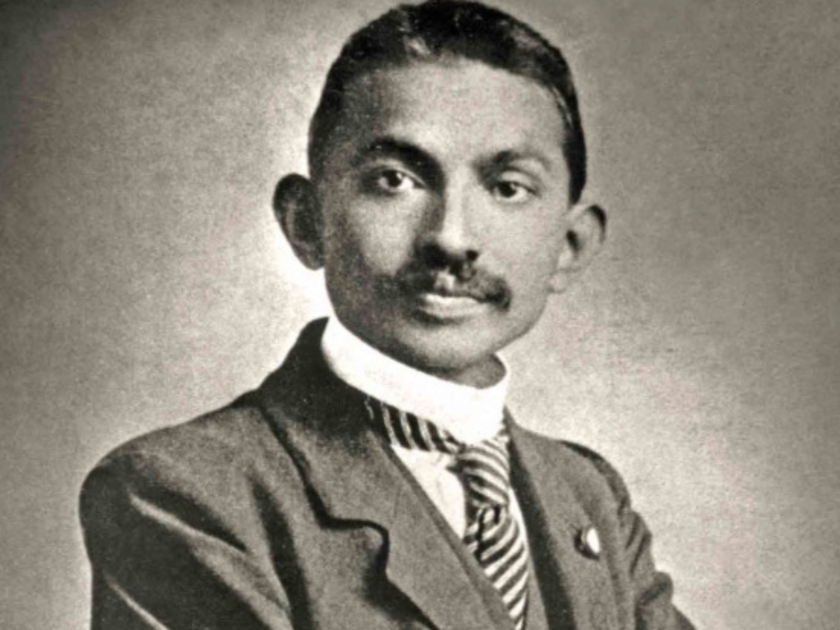Mohandas Karamchand Gandhi, also known as Mahatma Gandhi, was a leader of India’s independence movement and one of the most iconic figures in history. He was a lawyer-turned-activist who used peaceful civil disobedience to fight for the rights of Indians against British rule. He is considered the father of the Indian nation and is remembered for his unwavering commitment to non-violence, truth and justice.
Gandhi’s life and achievements are a source of inspiration for many people around the world, and his legacy continues to live on. In this article, we’ll explore the life and accomplishments of this remarkable man and discuss how he became an icon of freedom and justice.
Early Life

M K Gandhi, also known as Mahatma Gandhi, was a political and spiritual leader of India, who was born on October 2nd, 1869 in Porbandar, Gujarat. He was born into a Hindu family and had a deep affinity for religion and spirituality from an early age. His early life was marked by a deep sense of morality and justice, which would later become the foundation of his life’s work. He studied law in England and then returned to India where he began to practice law. He was heavily influenced by the teachings of Jainism and Hinduism, which he used to guide his activism and campaigns for civil rights and nonviolence. Gandhi was a leader of the Indian National Congress and was instrumental in India
Parentage and Education Rise of Non-Violence
M K Gandhi was born in 1869 in Porbandar, Gujarat to Karamchand Gandhi and Putlibai. He was educated at the University College London, and later studied law in England. After his return to India, he began practicing law in Bombay High Court. Gandhi’s rise as a leader of non-violence began with his civil disobedience movement in South Africa, where he fought for the rights of Indian immigrants. He then returned to India and began leading the Indian freedom struggle. He advocated non-violence and civil disobedience as a means of attaining independence from the British.
Struggled for Independence from British rule in India
M K Gandhi, one of the most influential figures of the 20th century, faced many problems during India’s struggle for independence. He started the Satyagrah movement to peacefully protest the unjust laws of the British Raj. He encouraged people to follow his motto of ‘Angrajon Bharat Choro‘ which meant ‘Quit India’. His most famous slogan of ‘Do or Die‘ was also a major contributor to the Indian freedom struggle. He believed in peaceful protests and was successful in his mission to free India from the oppressive British rule. His non-violent approach to the freedom struggle is an inspiration to many and will remain so for generations to come.
The Salt March and Writing Post-Independence Legacy
M K Gandhi is a revered figure in India and throughout the world for his leadership in India’s struggle for independence. His most famous act was the Salt March of 1930, a peaceful protest against the British salt tax. This march, which lasted 24 days and covered 240 miles, was a symbol of the Indian people’s resistance to British rule. It also inspired similar protests throughout India and eventually led to the end of British rule in 1947. Gandhi’s legacy after independence was also significant. He wrote extensively on non-violence and civil disobedience, advocating for a society based on justice and equality. He also worked to bridge the divide between Hindus and Muslims, and advocated for the upliftment of the poor and oppressed. Gandhi’s legacy lives on today.
Conclusion
M K Gandhi was one of the most influential figures in Indian history. He believed that violence was not the answer to achieving freedom, instead he advocated for peaceful protests and civil disobedience. He was also an advocate for social justice, human rights, and religious tolerance. He was a strong believer in the power of non-violence and civil disobedience and used it to bring about social change. He was also a great believer in the power of education and was an advocate of self-sufficiency and economic independence. His legacy continues to inspire people around.








Pingback:Atal Bihari VajpayeeMy Struggling Life (मेरा संघर्षमय जीवन)